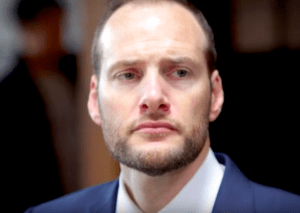Unfriending Your Insurance Premiums
A British insurance price comparison service is predicting that use of social media could eventually lead to increases in home insurance premiums. Membership on Twitter or Facebook could become just another variable in determining costs, based on fears that such sites let potential criminals know when a user is not at home.
A British insurance price comparison service is predicting that use of social media could eventually lead to increases in home insurance premiums. Membership on Twitter or Facebook could become just another variable in determining costs, based on fears that such sites let potential criminals know when a user is not at home.
This story follows an Ear to the Ground earlier this week about PleaseRobMe.com — a site that logged when users were not at home and where exactly they were, using geodata coordinates. –JCL
Your support matters…The Telegraph:
Services such as Twitter, Facebook, Foursquare and Buzz can alert criminals when users are not home, according to Confused.com, the price comparison service. Foursquare, for example, shows that people are in a specific spot and, more importantly, that the user is definitely not at home, Confused.com added.
It predicted that the new wave in social media could eventually lead to big rises in home insurance premiums.
Darren Black, the head of home insurance at Confused.com, said: “I wouldn’t be surprised if, as social media grow in popularity and more location-based applications come to fore, insurance providers consider these in their pricing of an individual’s risk. We could see rises of up to 10pc for people who use these sites.
“Criminals are becoming increasingly sophisticated in their information gathering, even using Google Earth and Streetview to plan their burglaries with military precision. Insurance providers are starting to take this into account when they are assessing claims and we may in future see insurers declining claims if they believe the customer was negligent.”
Independent journalism is under threat and overshadowed by heavily funded mainstream media.
You can help level the playing field. Become a member.
Your tax-deductible contribution keeps us digging beneath the headlines to give you thought-provoking, investigative reporting and analysis that unearths what's really happening- without compromise.
Give today to support our courageous, independent journalists.






You need to be a supporter to comment.
There are currently no responses to this article.
Be the first to respond.